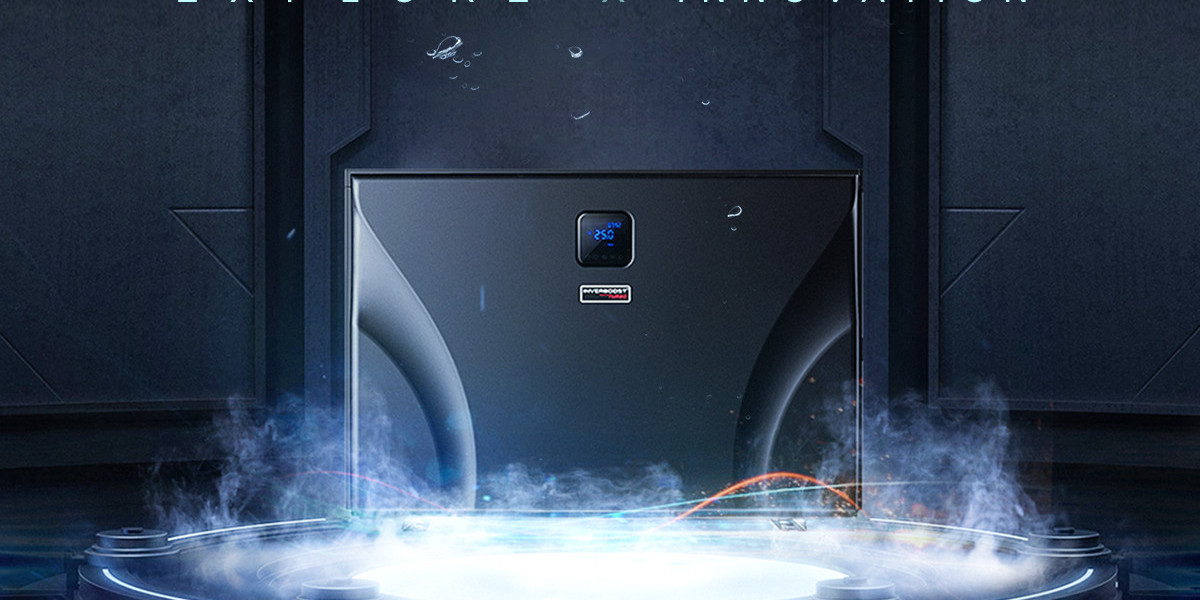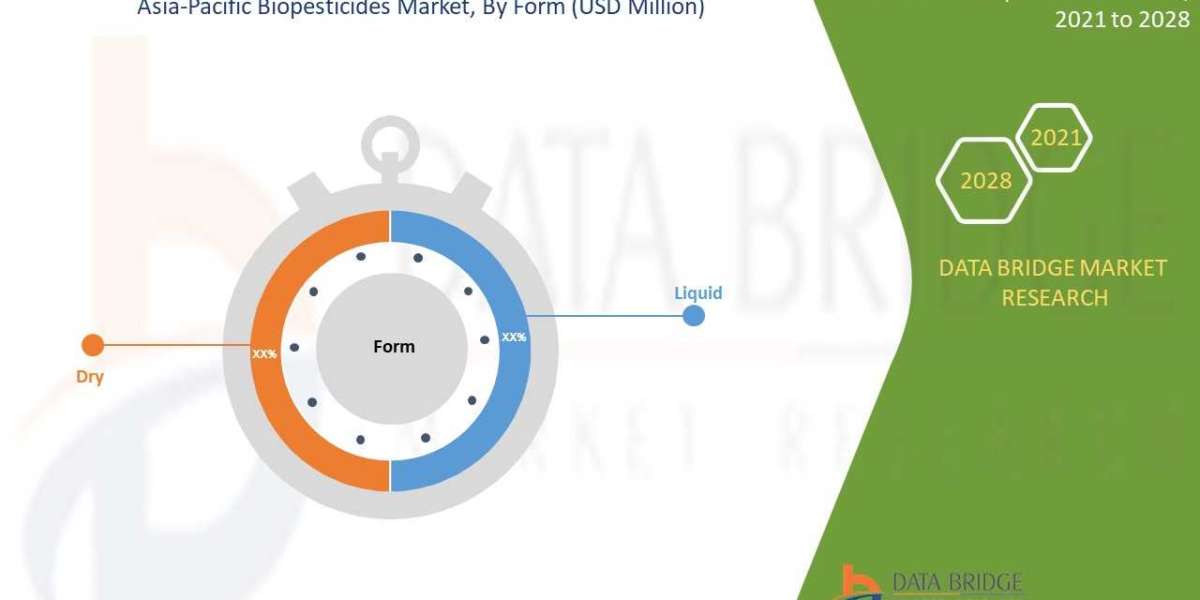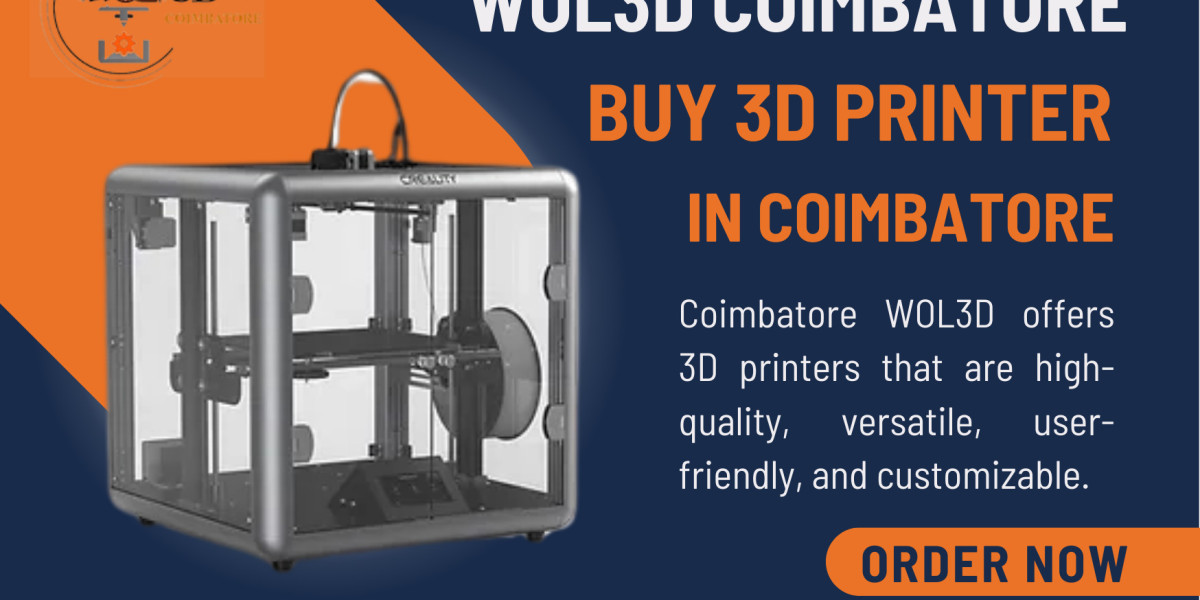A pool heat pump is a highly efficient and cost-effective way to heat your swimming pool. Whether you're looking to extend your swim season, increase the comfort of your pool, or simply enjoy a warmer swimming experience, a pool heat pump is an excellent option to consider. In this article, we'll take a closer look at pool heat pumps, how they work, and the benefits they offer.
What is a pool heat pump?
A pool heat pump is a device that uses electricity to transfer heat from the air to your swimming pool. Unlike traditional pool heaters that burn natural gas or propane to generate heat, theheat pump manufacturersdesign the pool heat pumps to simply move heat from the air and transfer it to the pool water. This process is highly efficient, using only a small amount of electricity to produce a large amount of heat.
How does a pool heat pump work?
Pool heat pumps work on the principle of heat transfer, which is the movement of heat from a warmer area to a cooler area. In the case of a pool heat pump, the warm air outside is used to heat the cooler water in the pool. Heres a step-by-step breakdown of how a pool heat pump works:
Air is drawn into the heat pump: The pool heat pump draws in warm air from the surrounding environment using a fan.
Refrigerant is compressed: The warm air is directed over the evaporator coil, where the refrigerant is stored. The heat from the warm air causes the refrigerant to evaporate into a gas, which is then compressed by the compressor.
Heat is transferred to the water: The compressed gas is directed over the condenser coil, where it releases its heat to the water that is flowing through the heat exchanger. The heat exchanger is a tube or a series of tubes that the water flows through, allowing the heat from the gas to transfer to the water.
Refrigerant is cooled and compressed again: After releasing its heat, the refrigerant returns to its liquid form as it cools down. It then flows back to the evaporator coil to begin the cycle again.
Pool heat pumps work best in warm, sunny environments, where there is plenty of heat available in the air to extract. However, even in cooler temperatures, pool heat pumps can still effectively heat your pool water.
What are the benefits of a pool heat pump?
Cost-effective: Pool heat pumps are highly cost-effective, as they use only a small amount of electricity to produce a large amount of heat. This means that you can heat your pool for a fraction of the cost of traditional gas heaters.
Efficient: Pool heat pumps are incredibly efficient, with some models boasting a COP (Coefficient of Performance) of over 6. This means that for every unit of electricity used to power the pump, six units of heat are produced.
Environmentally friendly: Pool heat pumps are environmentally friendly, as they do not burn fossil fuels to generate heat. This means that they produce no emissions and have a very low carbon footprint.
Easy to use: Pool heat pumps are very easy to use, with most models featuring a digital thermostat that allows you to set and maintain the desired water temperature.
Low maintenance:Pool heat pumpsrequire very little maintenance, with most models simply requiring regular cleaning of the air filter and occasional inspection of the refrigerant levels.
Long lifespan: Pool heat pumps are built to last, with many models boasting a lifespan of over 15 years. This means that you can enjoy a warm and comfortable pool for many years to come.
What should I consider when choosing a pool heat pump?
Pool size: The size of your pool will determine the size of the heat pump you need. It's important to choose a heat pump that is properly sized for your pool to ensure efficient and effective heating.
Climate: The climate in your area will also affect the efficiency of your pool heat pump. If you live in a warm, sunny climate, a heat pump will be more efficient than if you live in a cold, cloudy climate.
Energy efficiency: When choosing a pool heat pump, it's important to consider the energy efficiency of the unit. Look for models with a high COP, as these will be the most efficient and cost-effective.
Noise level: Some pool heat pumps can be quite noisy, so it's important to choose a model that operates quietly if this is a concern for you.
Tag:heat pump supplier,pool heat pump brands,small pool heater, air water heat pump, heat pump producers,pool water heater

 heat pump manufacturers
heat pump manufacturers pool heater manufacturers
pool heater manufacturers






